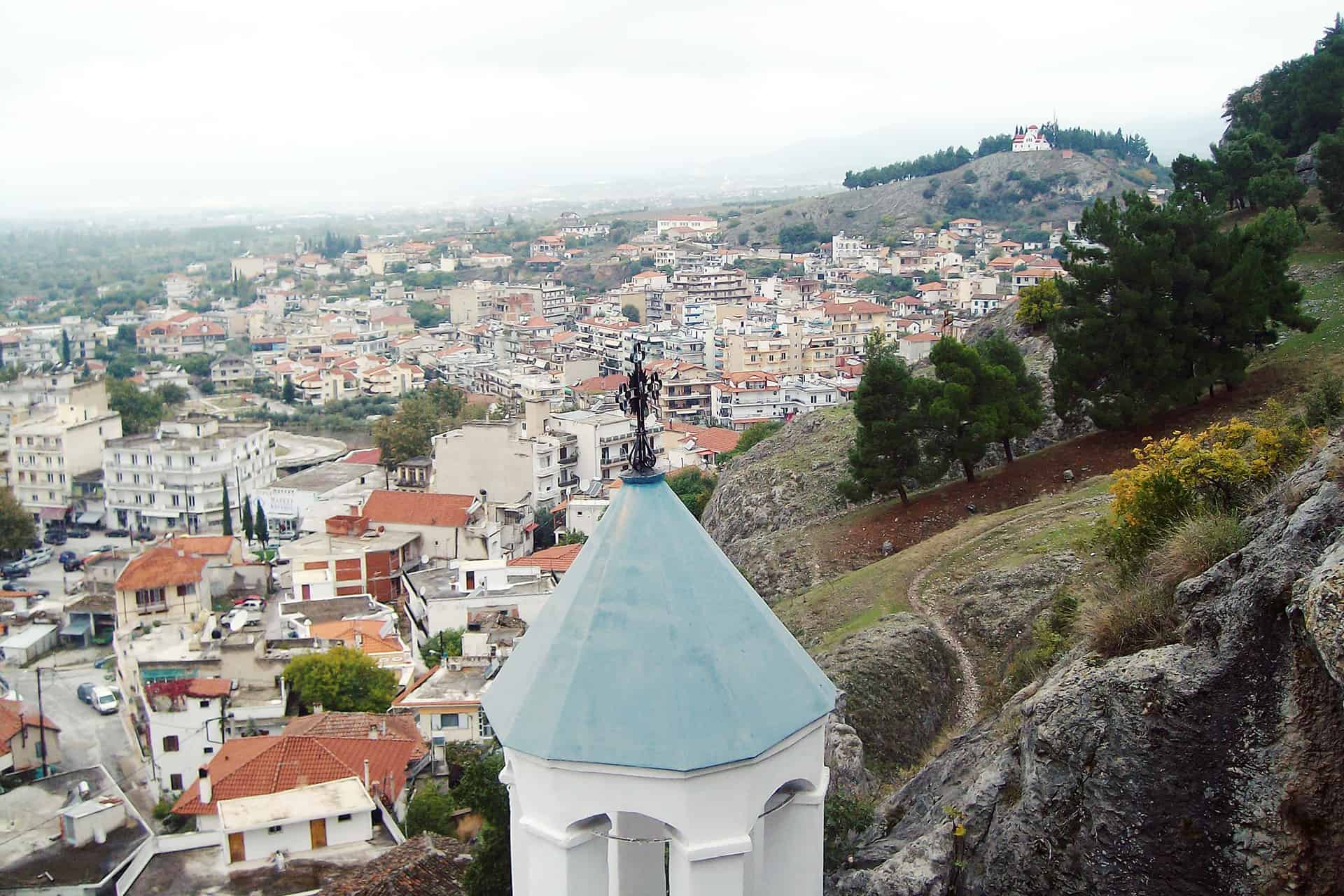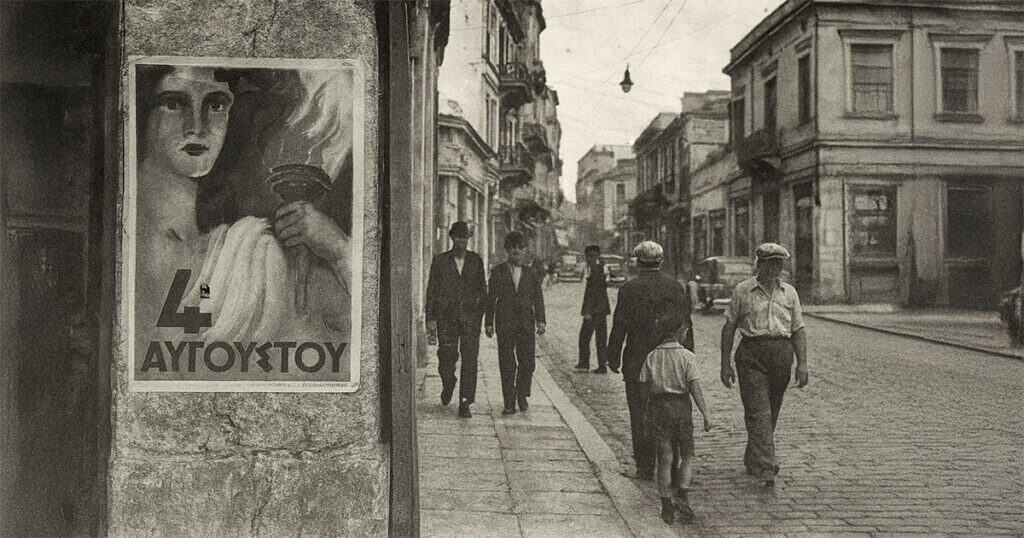It is summer 1994, just south of the Greek-Bulgarian border, basically a cease-fire line from several wars dividing this piece of the ex-Ottoman world among the ex-Byzantines. That summer, my perch was in Sofia, Bulgaria, where I worked as a consultant in a Greek-Bulgarian joint venture. I took a long weekend and a very slow train to Drama, where I would meet my brother-in-law’s relatives from Kavala.
In the Balkans, the trains do not run on time. My train from Sofia crossed the Greek border and unloaded passengers heading for points east and west while the train continued to Salonika. Greek train stations are usually, pardon the pun, Spartan, and the station outside of the village of Sidirokastro, the ex-Ottoman “Demir Hisar” (both meaning “Iron Castle” in Greek or Turkish, respectively), was just such a place. A small building with a ticket counter and a hall, worn plastic benches, and a very basic buffet. It was mid-summer, and air conditioning was not to be found.
Here, however, the Greek sense of hospitality, and equally importantly, of improvisation, came into its own. The train heading east towards the Turkish frontier was predictably late, and thirst and hunger started to take their toll, as my hlayb I lukanka (bread and sausage) I brought from my fridge in Sofia had already been consumed.
The buffet was closed, but the station master had a key and produced a quick meze of cheese and cold cuts, along with a few large Kaiser beers, small taverna glasses, and a bottle of a transparent spirit—to foster a spirit of transparency. The small brood, three Greeks, a lone Brit, and two Bulgarian women—both of them Greek-speaking Sarakatsanians—joined this Greek-American in an improvised feast, which soon turned musical, as the station master pulled out a bouzouki, playing both songs known to all and popular, as well as one he wrote himself that was quite, shall we say, irredentist in all directions—Skopia, Sofia, and Mikra Asia.
Like so many residents of Sidirokastro, his origins were beyond the Greek borders, both north into Bulgaria, and east into Asia Minor. It is a constant in Macedonia, particularly the eastern part of the province. The song was an ode to lost homelands. At the same time, it was the banter of the Balkans, sung in drunkenness and jest, and all laughed it off. We demolished the food and drink, together with cold bottled water which just seems to taste better in Greece, as the slow, rumbling train arrived at the Iron Castle.
A dusty train station is hardly a typical Greek summer memory, yet for a taste of authenticity and a dose of reality, one could do worse. A Serbian friend once told me that that Diaspora Serbs (and, he implied Diaspora Greeks) hardly can understand the country they call their homeland without such authentic doses of daily life. I am grateful to have had so many such experiences. Hardly an Instagram moment but a memory far more powerful than a digitized selfie in a staged background.








